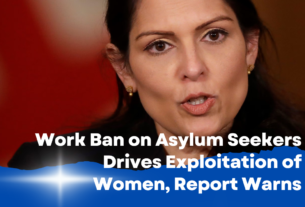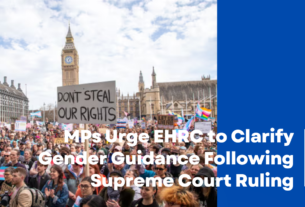Human rights lawyer David Haye has sparked fierce debate after urging the UK to “reform or leave” the European Convention on Human Rights (ECHR), warning that the country is losing control of its borders. His remarks follow a record-breaking day in the English Channel, with 1,194 migrants arriving in small boats, the highest daily figure seen in 2025 so far.
In a candid interview with GB News, Haye claimed the ECHR is no longer fit for purpose in the context of modern migration challenges. “We’re seeing our own human rights laws used against us,” he said. “Unless we reform or exit, we won’t regain full control over who stays in this country.” He also pointed out that only nine out of 46 ECHR member states have shown support for reform, an alarming sign, he argued, of Europe’s reluctance to confront the issue.
The government is under mounting pressure, with Defence Secretary John Healey describing the Channel crossings as “shocking,” likening smugglers to a taxi service operating across international waters. Prime Minister Keir Starmer defended his administration, citing increased cooperation with French authorities and new legislation aimed at tightening border enforcement.
Public frustration is growing. A recent More in Common poll revealed that 57% of Britons still view net migration levels as too high, despite a notable drop from the previous year. Strikingly, few voters credit either Labour or the Conservatives for the change, highlighting a deep-seated lack of trust in political solutions.
Adding fuel to the fire, Haye slammed the Attorney General for likening ECHR withdrawal to Nazi-era policies calling it a “schoolboy error” and a worrying lapse in judgment from the government’s top legal adviser. “That kind of rhetoric shows just how unprepared some in power are to have a serious conversation about legal reform,” Haye said.
As the crisis intensifies and legal battles loom, the UK finds itself at a turning point. Will it push for reform within the ECHR, or chart its own course outside of it? For many, the answer could redefine the nation’s stance on sovereignty, human rights, and migration for years to come.




